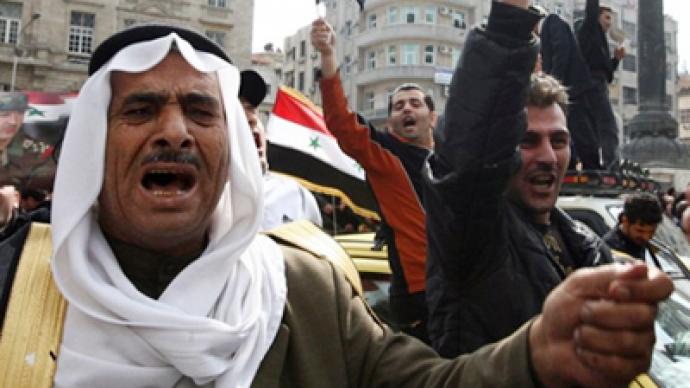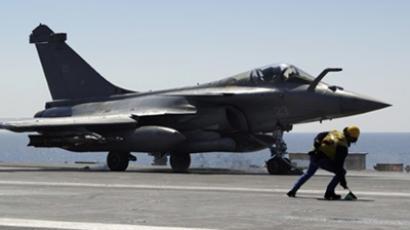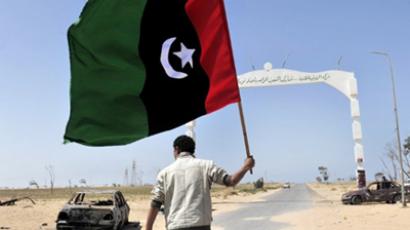Unrest and violence keep shaking the Arab world

Fresh demonstrations have broken out in a number of countries as governments fail to quell the unrest. Anti-regime sentiment has spread like wildfire across the region.
In Syria, protests have spread rapidly, with tens of thousands demonstrating against government corruption and brutality. Soldiers fired on demonstrators in several cities, and rival protesters clashed in the streets of the capital in the most widespread unrest in years, witnesses said. Troops shot at demonstrators in the city of Daraa, 100 km south of Damascus, after crowds damaged a bronze statue of the country's late president, Hafez Assad.A Syrian human rights activist says over two hundred political prisoners have been released in the biggest concession to demonstrators to date as pressure increases on President Bashar al-Assad. A high-ranking official confirmed the release of detainees, but would not give a number.In Yemen, the country's Foreign Minister has said he's hoping for a power-transfer deal after the president announced he will hand over the reins into 'trustworthy hands'. The country has seen two months of anti-government protests, with dozens shot in the last week.In Bahrain, people have once again taken to the streets in defiance of a ban on public gatherings, and a series of violent crackdowns.In Jordan, two people have been beaten to death after pro-government loyalists attacked a vigil in the capital.More than a hundred protesters, almost all of them students, were wounded in the clashes. The King's forces used water jets to disperse over two thousand demonstrators, who were calling for reforms and more efforts to fight corruption.
Journalist and author Finian Cunningham says even though the regimes in these countries are very repressive, people are ill-divided, lots of tortures and unjustice, the locals are very skeptical and cynical about help from the West and the intervention in Libya. “It’s certainly not on the grounds of any humanitarian concerns… but to back up their regimes, to give them a proper cover,” believes Cunningham.














